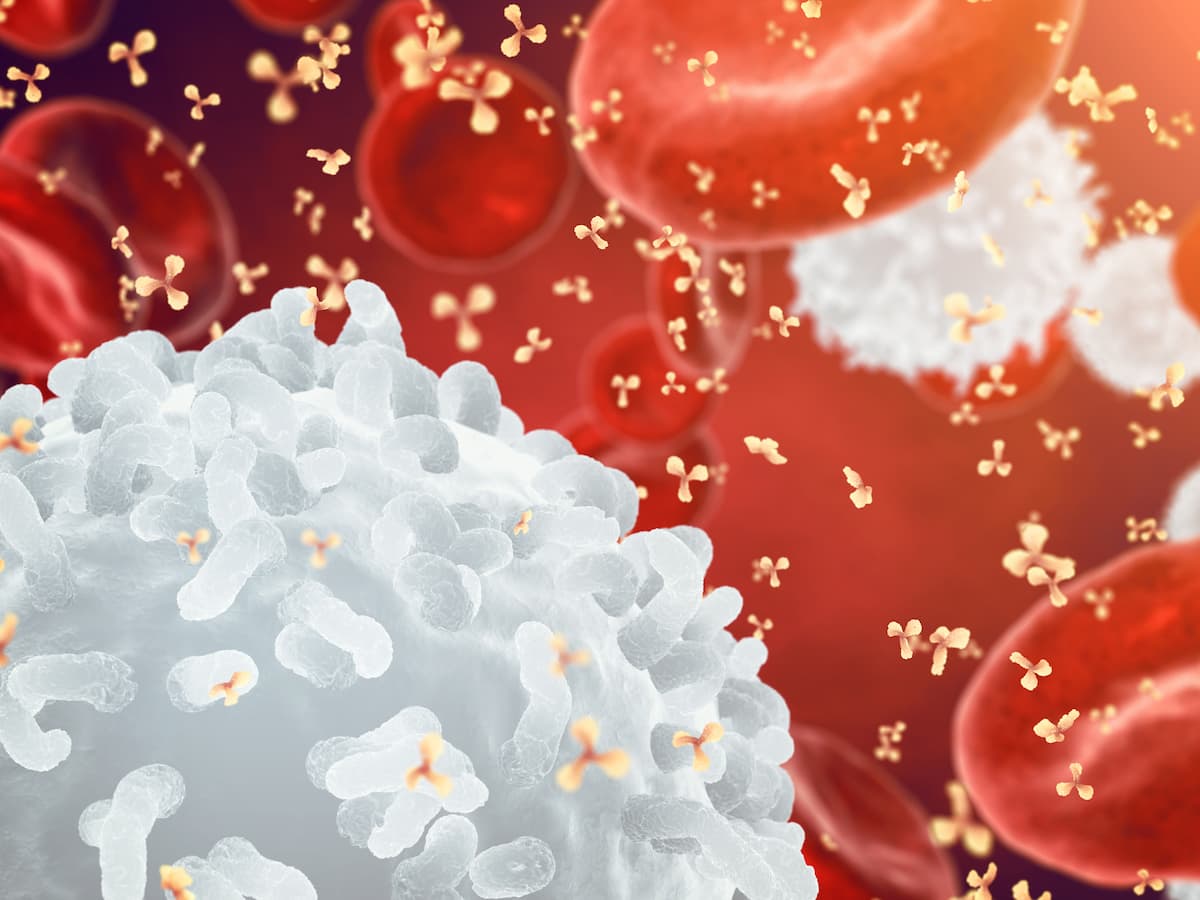
Frederick Locke, MD, Reviews the Next Steps for Axi-Cel in LBCL

Frederick Lock, MD, spoke about how future research regarding axicabtagene ciloleucel for patients with large B-cell lymphoma will progress.
Frederick Locke, MD, vice chair of the Department of Blood and Marrow Transplant and Cellular Immunotherapy as well as program co-leader of Immuno-Oncology at Moffitt Cancer Center in Tampa, Florida, spoke to CancerNetwork® about further research of axicabtagene ciloleucel (Yescarta; axi-cel) for patients with large B-cell lymphoma (LBCL).1
Transcript:
Axi-cel is a CAR T-cell therapy and one of the things that we don’t fully understand is why does CAR T-cell therapy does not work for more patients [with LBCL]. It targets CD19 on the surface of the cells, but the loss of CD19 does not seem to be a dominant mechanism for the tumor to evade CAR T-cell therapy. We need to figure out why patients progress even though they’ve been given CAR T-cell therapy. Once we understand that, we can design better CAR T-cell therapies. There are other ways to intervene, that includes either dual targeting against not just CD19, but other targets on the cell surface. We’re also looking at off-the-shelf or allogenic donor CAR T-cells which can be accessed easier and be given to the patient quicker. We’re looking at other strategies using other natural killer cells and gamma delta T-cells with other ways to get therapy quickly to the patients that can work best.
References
- FDA approves axicabtagene ciloleucel for second-line treatment of large B-cell lymphoma. News release. FDA. April 1, 2022. Accessed April 8, 2022. https://bit.ly/3LAUUFD
- Locke F, Miklos DB, Jacobson CA, et al. Primary analysis of ZUMA‑7: a phase 3 randomized trial of axicabtagene ciloleucel (axi-cel) versus standard‑of‑care therapy in patients with relapsed/refractory large B-cell lymphoma. Blood. 2021;138(suppl 1):2. doi:10.1182/blood-2021-148039
Newsletter
Stay up to date on recent advances in the multidisciplinary approach to cancer.



































